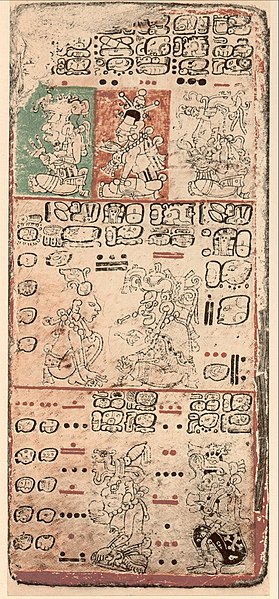Jorge Volpi is a Mexican novelist and essayist, best known for his novels such as In Search of Klingsor . Trained as a lawyer, he gained notice in the 1990s with his first publications and participation in the pronouncement of the "Crack Manifesto" with several other young writers to protest the state of Mexican literature and promote their own work. Volpi's novels are distinct from magical realism and other trends of Latin American literature as they focus on the actions of characters and research into academic topics, especially history and science, and do not always focus on Latin American characters and settings. His work has been translated into twenty five languages and recognized with awards such as Biblioteca Breva Award and the Planta-Casa de América as well as a grant from the Guggenheim Foundation. In addition to his writing he has worked as a cultural attaché, the director of Canal 22 in the State of Mexico and is currently the director of the Festival Internacional Cervantino.

Jorge Volpi at the Miami Book Fair International 2011
Jorge Volpi during the presentation of Revuelta, a cultural magazine, held at the Guadalajara´s Book Fair, in 2005.
Mexican literature stands as one of the most prolific and influential within Spanish-language literary traditions, alongside those of Spain and Argentina. This rich and diverse tradition spans centuries, encompassing a wide array of genres, themes, and voices that reflect the complexities of Mexican society and culture. From ancient indigenous myths to contemporary urban narratives, Mexican literature serves as a poignant reflection of the nation's essence, inviting readers to explore its rich history, diverse culture, and collective aspirations.
Main entrance of the Guadalajara International Book Fair 2002. The largest book fair of the Americas, and first largest book display in Mexico after Frankfurt's.
the interior of the José Vasconcelos Library.
Sor Juana, in 1772 by Andrés d'Islles (Museum of the Americas, Madrid). Her outspoken opinions granted her lifelong names such as, "The Tenth Muse", "The Phoenix of America", or the "Mexican Phoenix".
Page 9 of the Dresden Codex (from the 1880 Förstemann edition). It is located in the museum of the Saxon State Library Dresden, Germany.






